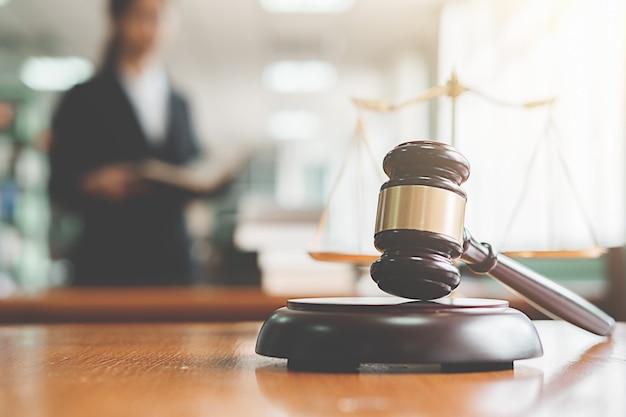
This mannequin of the evolution of regulation as a co-evolutionary process challenges the prevailing view that coverage makers can management authorized outcomes. The concept that we will control assumes that our actions are both knowable beforehand by these in search of authorized control and in addition cause whatever outcomes are produced. But the authorized system exists in an unbounded state house where the probabilities enabled by authorized establishments cannot be predicted forward of time. Third, this co-evolution of regulation and action does way over produce partially unprestatable and, therefore, exploitable technique areas for regulated entities. Crucially, it permits moneyed pursuits to affect the substance of legal guidelines, their implementation or positions of energy inside the legal system.
In this manner, the CRN speaks directly to the increasing visibility of the discipline of worldwide law as existing world, national and native authorized orders come to be contested and reconfigured, and to the varied responses of students and practitioners to this reality. Among its goals is a seamless debate over the position of authorized establishments and processes in shaping the general public-private dichotomy for public coverage and establishments.
While important approaches to the examine of rights discourses, racial formation, and international law have had dramatic results on scholarship in these respective fields, these insights have played solely a marginal position in mainstream regulation and security debates. This underscores the necessity to develop a transparent important alternative throughout the area that might query some or all of its assumptions. This CRN brings together scholars from a variety of disciplines whose focus is the role of emotion in the authorized system. At its core is the assumption that emotion—and attitudes about emotion””pervade legal thought and legal institutions. Although the legal system traditionally regarded emotion as a hindrance to rational thought, the present consensus in psychology, neuroscience, sociology, anthropology and different fields studying choice-making is that emotion is an integral a part of the reasoning process.
The organisers of this CRN are Penny Andrews, Mark Kende, Josephine Dawuni, and Jonathan Klaaren. The record is hosted by Erasmus University Rotterdam (EUR) in The Netherlands. The CRN will use the record-serve to organise and promote socio-legal related events and actions in Africa.
According to inclusive positivism (also referred to as incorporationism and gentle positivism), it is possible for a society”™s rule of recognition to include moral constraints on the content material of regulation. More commonly, the Separability Thesis is interpreted as making solely an object-stage claim in regards to the existence circumstances for legal validity. As Hart describes it, the Separability Thesis is not more than the “simple contention that it’s in no sense a needed reality that laws reproduce or satisfy certain calls for of morality, although in fact they have typically done so” (Hart 1994, pp. ). Insofar as the object-degree interpretation of the Separability Thesis denies it’s a necessary reality that there are ethical constraints on authorized validity, it implies the existence of a potential legal system in which there are not any ethical constraints on legal validity.
DT Legal Japan
ALLEI participants must be legal professionals (lawyers, judges, paralegal, and so on.) or regulation students with a minimum of one year of law faculty completed. This program benefits uniquely from the expertise of the authorized group of the State of Delaware, notably from the legal activity of the state”™s Court of Chancery, a world middle for company and industrial authorized processes.
(For a extra detailed discussion, see MacCormick 1987, 170ff.) To take an instance, the courtroom may be confronted with a case by which the trustee of property held on behalf of the plaintiff has wrongfully transferred that property to the defendant. The plaintiff sues the defendant to get well the property which was transferred in breach of trust. The plaintiff argues that since (i) the defendant has obtained belief property (ii) in breach of belief and (iii) has not paid for the property, she ought to restore the property to the trust. The defendant argues, then again, that since (iv) the trustee had an excellent title to the property, (v) the ability to switch it and (vi) the defendant acted in good faith, unaware of the breach of trust, she is entitled to retain it.
Free Legal Encyclopedia: Deed of covenant to Direct Tax
These proposals – from academics, practitioners, and blue-ribbon commissions – have largely been ignored. The ABA standards require college students to take no less than six credit of experiential instruction, and some colleges struggle to arrange for college kids to comply with this requirement. Considering law colleges”™ contraction since the Great Recession, offering online programs and degrees might broaden the market, which might make it interesting for financially-strapped law schools to strain the ABA to alter its requirements. If the ABA was actually forward-looking, it might require that some courses are supplied online, both to organize college students for their on-line future and to gear up in case we have to educate online once more.

